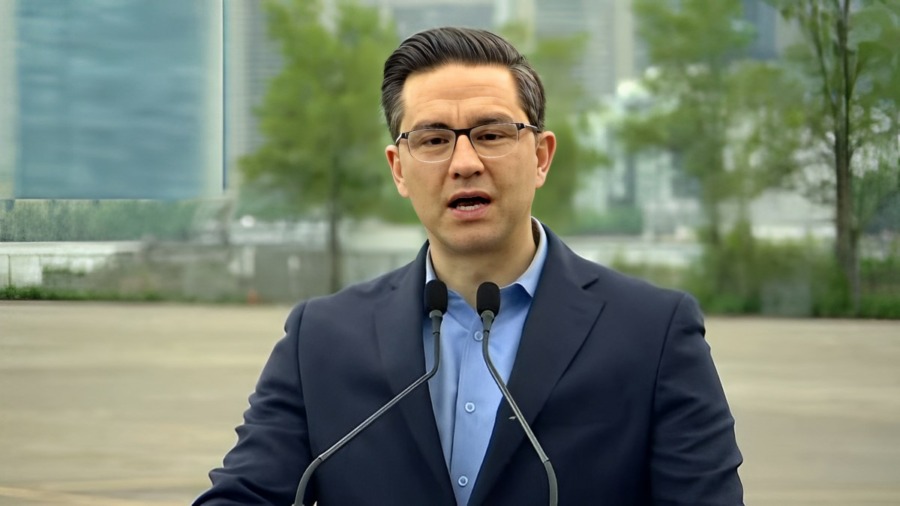In the world of politics, rhetoric can be a powerful tool. It shapes public perception, rallies supporters, and influences electoral outcomes. However, sometimes, the promises made on the campaign trail diverge significantly from the actions taken once in office. This phenomenon, commonly called the “bait and switch,” has been observed among right-wing politicians, including former U.S. President Donald Trump and Canadian Conservative Party leader Pierre Poilievre.
One of the striking ironies of right-wing politicians is their tendency to champion the idea of limited government and skepticism towards its efficacy. They often portray the government as bloated, inefficient, and untrustworthy, appealing to citizens wary of centralized power. While resonating with a significant portion of the electorate, this narrative has contradictions.
During his 2016 presidential campaign, Donald Trump championed smaller government and fiscal conservatism. He criticized excessive government intervention and touted the importance of reducing the deficit. Similarly, Pierre Poilievre, leader of Canada’s Conservative Party, has consistently advocated for limiting the government’s role in people’s lives, emphasizing individual freedoms and economic liberty.
However, the rhetoric espoused during campaigns often clashes with the reality of governance. Trump’s presidency and the political landscape in Canada reveal a different story. While Trump campaigned on the promise of a smaller government, his time in office saw government grow in unprecedented ways. Government spending and deficits reached record levels, contradicting his initial promises of fiscal responsibility. This expansion included a significant increase in military spending, contradicting his anti-interventionist stance.
In Canada, the Conservative Party, led by Poilievre, has likewise grappled with a paradox. Despite advocating for limited government, the party has been criticized for opposing social welfare programs and progressive policies that address income inequality. Critics argue that such policies align more with disregarding vulnerable populations than a genuine commitment to smaller government.
The bait-and-switch tactics employed by right-wing politicians often rely on manipulating public sentiment and exploiting pre-existing biases. By casting doubt on the efficacy of institutions and nurturing a sense of distrust, these politicians create an environment conducive to their rise to power. They present themselves as the solution to the problems they identify, promising to dismantle the systems they claim are flawed.
This approach can particularly appeal to voters who are skeptical of government and institutions. The result is a cycle of disillusionment, where promises made during the campaign are forgotten or conveniently ignored once the politician takes office. The inconsistency between rhetoric and reality erodes public trust and perpetuates a cycle of cynicism toward the political process.
The bait-and-switch tactics of right-wing politicians, exemplified by figures like Donald Trump and Pierre Poilievre, reveal a troubling trend in modern politics. While healthy suspicion toward government is important, it is equally essential for citizens to critically assess the actions of those in power and hold them accountable for their inconsistencies. By engaging in thoughtful analysis and maintaining a balanced perspective, society can better guard against manipulating public sentiment and work towards a more transparent and accountable political landscape.









